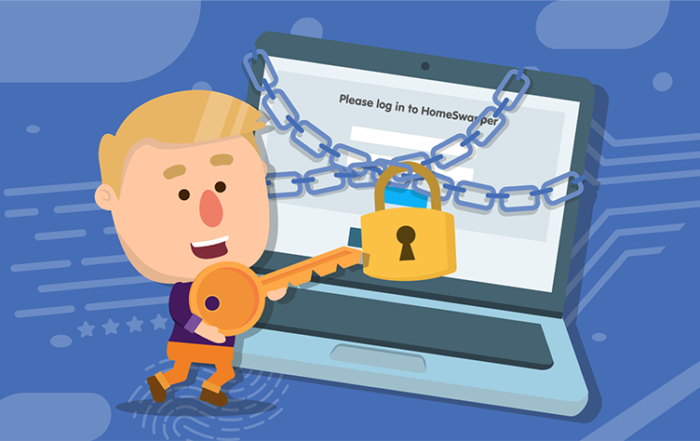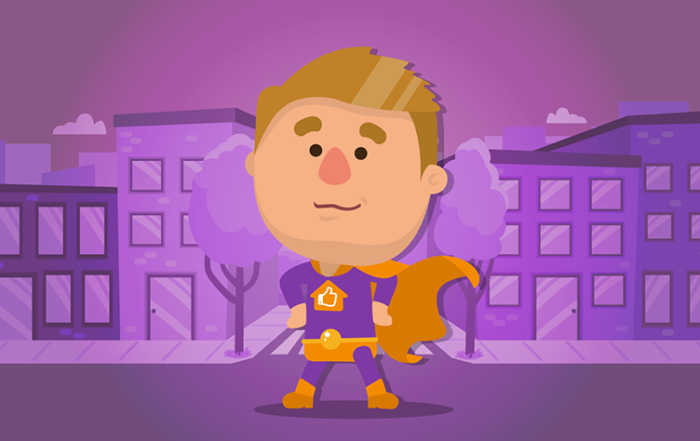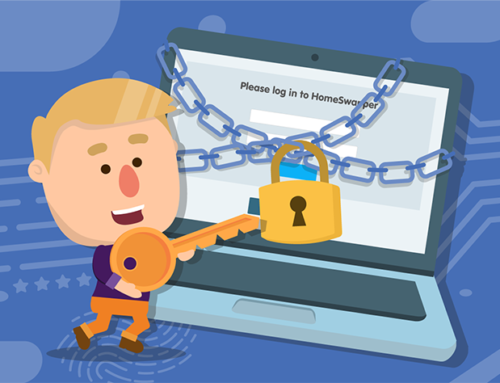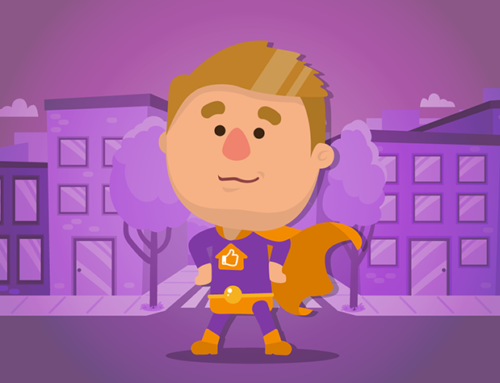
Sometimes organisations don’t behave in the way that they should. Instead of a complaint being handled quickly with open communication, things can get lost or ignored. In the worst of these circumstances, there are impartial bodies that can help to decide the outcome of a complaint. These are called ‘ombudsmen’ and they exist for most areas of your life.
The ombudsman: tell me more
The word ‘ombudsman’ is a Swedish word meaning ‘representative’. They exist all over the world, from Costa Rica to Denmark, Australia to Belgium, Hungary to Hong Kong. They are an essential part of making sure that communities and their structures are fair.
Sometimes an issue with an organisation doesn’t get resolved, so when it seems like all possible ways of sorting out the problem have been tried, an ombudsman is there to investigate a case for free. They are independent services, which means that they are completely impartial and anyone can access them.
An ombudsman is also there if a complaint process takes too long and you feel like you’ve been waiting longer for a result than should be expected. The time limit for this is normally 8 weeks.
Who is an ombudsman?
An ombudsman is somebody who investigates complaints by a member of the public against a company or a government body.
Ombudsmen exist across most sectors – even the private sector, including for rail companies, energy providers, and pension providers.
In the public sector they can include, Local Government and Social Care, the Parliamentary and Health Service and Housing.
What does the ombudsman do?
When an issue is taken to an ombudsman their job is to look into the claims brought forward from both sides and decide what the next steps can be to sort it out.
They do this by listening to the details of complaints and issues, helping those making the complaint understand the options they have and how they could move forward. They also give a clearer idea of the processes that a company uses when dealing with complaints. If communication has broken down between an organisation and a user, then an ombudsman can also open back up the channels of communication. From this point on, an ombudsman would normally recommend, based on the facts of each case, what action can be taken.
Ombudsmen are experts in the sector they work with. As well as dealing with individual cases, they review how organisations deal with complaints and give regular guidance on how they should improve their processes for their users.
What happens when an ombudsman gives a result?
An ombudsman is not a court, watchdog or regulator; their role isn’t to decide who’s ‘innocent’ or ‘guilty’ or to punish anybody. But instead, they review the evidence they have been given and try to find a fair outcome.
If an ombudsman finds that an organisation has treated somebody unfairly or acted in the wrong way, then they can instruct them to give an apology, to reward the complainant financially if they have experienced hardship, to apply credit or to cancel an account.
For consumers and users of services, an ombudsman offers a level of expertise and is able to ask questions on a person’s behalf when their efforts to resolve a complaint have been worn out. Importantly, this is all for free.
In our next article on this topic, we will introduce the Housing Ombudsman and explain when it’s appropriate to contact them.
The HomeSwapper Customer Support team are always on hand to give advice and tips on how to get the most from HomeSwapper. They deal with Swappers every day and have a unique insight and view on the thousands of successful swaps that take place on HomeSwapper.






